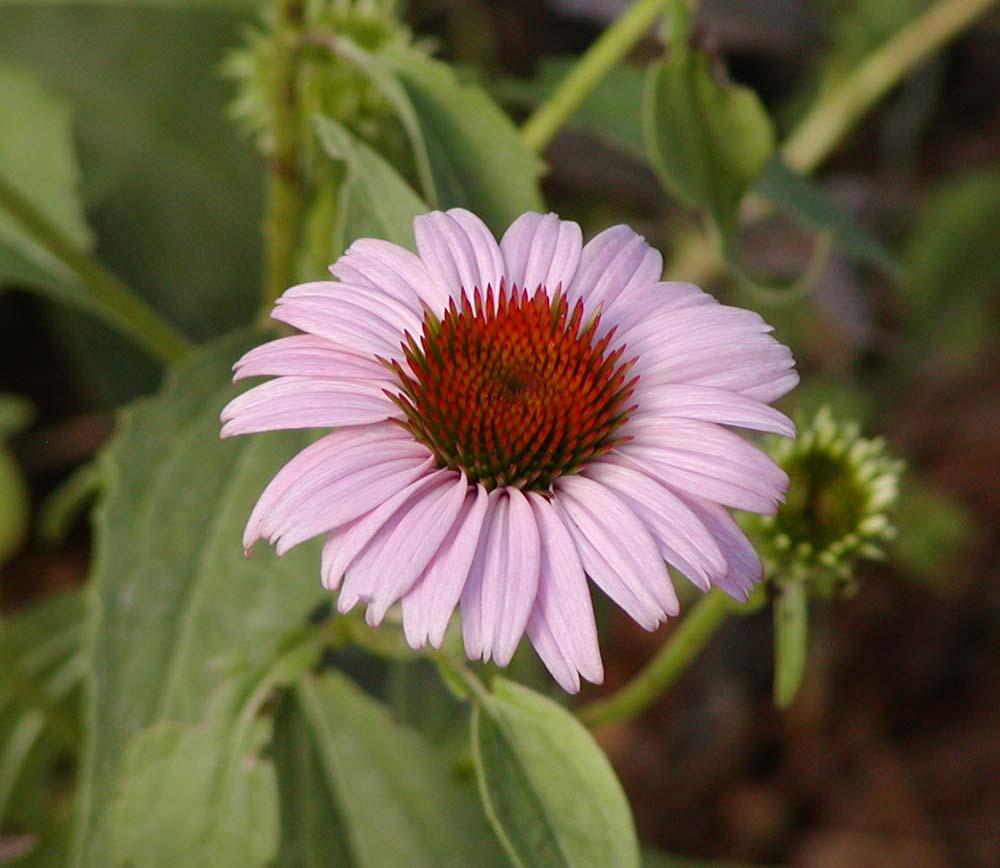Category: Herbs & Supplements

Echinacea for Cold and Flu
Echinacea continues to be a popular herbal product, used primarily for treating and preventing colds and flus. Sales were estimated at $132 million in the US alone in 2009, an increase of 7% over the previous year. Reports of major negative clinical trials have had only a modest and temporary effect on the popularity and sale of this herb, contradicting claims that...
Vitamin E and Stroke
One of the recurrent themes of science-based medicine is that any medical intervention that can plausibly cause physiological benefit can also plausibly cause physiological harm. There is no such thing as “it can’t hurt.” Sometimes the risk may be minuscule – but we should never assume that it is zero. Being “natural” or “holistic” or being blessed with some other alleged marketable...
Short Attention Span SBM
The bar on this blog is set high. The entries are often complete, with no turn left unstoned. Yet, not every topic needs the full monty with every post. The blog has extensive evaluations on many topics, and new medical literature doesn’t require another complete analysis. Many new articles add incrementally to the literature and their conclusions need to be inserted into...
Yes, drug companies do pay attention to herbal medicine
I’m only a monthly contributor here but between being a SBM reader and having my own blogs, I often grow weary of the blind criticism that researchers and drug companies couldn’t care less about traditional folk medicines as drug products. My laboratory spends every single day working on natural product extracts in the search for compounds that may have selective effectiveness against...
Antioxidant Supplements for Macular Degeneration
Age-related macular degeneration (AMD) is one of the major causes of visual impairment in the elderly: it affects central vision, impairing the ability to read and recognize faces while preserving some peripheral vision. It comes in two forms: wet and dry. Dry macular degeneration is by far more common, but wet macular degeneration, involving the proliferation of blood vessels, is more severe. ...
Supplement Regulation: Be Careful What You Wish For
A recurring theme at SBM is the regulation of supplements, and the impact and consequences of the Dietary Supplement Health and Education Act of 1994 (DSHEA). As one of SBM’s international contributors, I thought it might be helpful to look at how the DSHEA stacks up against the equivalent regulations of its neighbor to the north, Canada. Given the multiple calls for overhauls...
Glucosamine: The Unsinkable Rubber Duck
Glucosamine is widely used for osteoarthritis pain. It is not as impossible as homeopathy, but its rationale is improbable. As I explained in a previous post, Wallace Sampson, one of the other authors of this blog, has pointed out that the amount of glucosamine in the typical supplement dose is on the order of 1/1000th to 1/10,000th of the available glucosamine in...
The Texas Medical Board acts in the case of the Winkler County whistle blowing nurses
I can’t speak for anyone else who blogs here at Science-Based Medicine, but there’s one thing I like to emphasize to people who complain that we exist only to “bash ‘alternative’ medicine.” We don’t. We exist to champion medicine based on science against all manner of dubious practices. Part of that mandate involves understanding and accepting that science-based medicine is not perfect....

Life Extension: Science or Pipe Dream?
Can a pill keep you young? Many pills, potions, spells, and lifestyles have been promoted as cures for aging, but so far none have worked out.
Sunscreen in a Pill?
I’ve previously described the consequences of acute and chronic sun exposure, and the rationale for topical sunscreen products. But wouldn’t it be easier to just take a pill that can boost our skin’s resistance to to the harmful effects of the sun? Is it possible to get all the benefits of sunscreen without the bother of creams, or even clothing?

